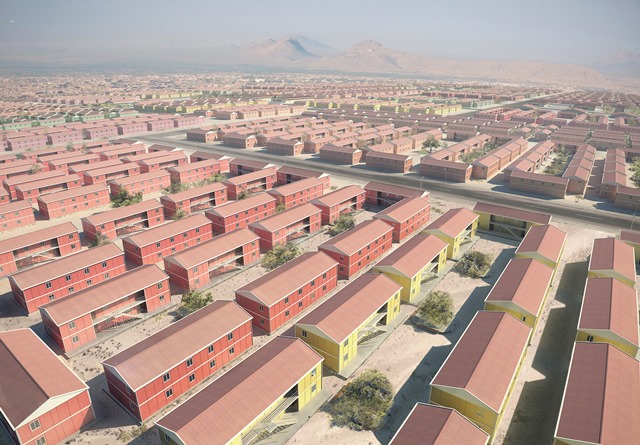Housing challenge in Africa continues to be a never ending nightmare thanks to sprawling urban centres due to rapid population growth, a recent report has shown.
The report that was presented at the FSD Capital Markets Development in London shows that many Africans still face enormous housing challenge especially when it comes to affordable housing.
Several countries in sub Saharan Africa such as Kenya, Zimbabwe, South Africa, Cameroon and Ivory Coast are all facing challenges when it comes to accessibility of affordable housing.
The report singles out challenges around capital market architecture cost and accessibility of housing finance as a major challenge facing the sector.
“Housing is expensive so even even the income earning live rough, informal housing is even more expensive but easy to manage day-by-day. Urban living costs are more expensive in Sub Saharan Africa than elsewhere in the world relative to GDP/capital,” says the report.
Read More:Iran to help Kenya construct cheap houses
The report observes that while housing finance, investment capital, construction capital, and end user finance were important to boost affordable housing in Africa, these were under-developed.
“The financial sector in Africa continue to invest in areas like, agriculture, insurance, mobile money and small business development. The notion of housing sector in Africa is still new with its dynamics ignored,” explains the report.
The findings are corroborated by Centre for Affordable Housing Finance which says that housing backlog in Africa continued to grow almost to the point of absurdity. African cities are not able to keep up with the high levels of growth in urban centres; as a result, the formal process of plan-service-build-occupy is reversed into occupy-build-service-plan. This is the source of informality we see in African cities.
Yet, according to CAHF and World Bank housing challenge in Africa presents an opportunity for city leaders to use housing supply as a way to stimulate urban economies and radically reshape the future of African cities.
For instance for every house built in African at least 4 jobs are created. The production and consumption of housing stimulates economic growth and driving it from within.

